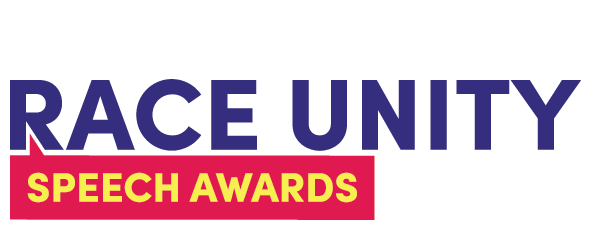History
HOW RACE RELATIONS DAY GOT STARTED
Signing the formal sponsorship agreement, 25 February 2008. Standing, from left: Sergeant Rakesh Naidoo (now Superintendent); Deb Gilbertson (Coordinator of Speech Awards for Lower North Island); Susan Williams (External Relations for Police); Superintendent (later Deputy Commissioner and now retired) Wallace Haumaha. Seated, Bev Watson, National Coordinator of Race Unity Speech Awards; Kefeng Chu, former Strategic Ethnic Adviser for NZ Police.
In 1997, New Zealand media gave extensive coverage to a series of nasty, racially-motivated incidents aimed at non-Europeans: an attack on a Somali man in Christchurch; an incident in Wellington involving the verbal assault of a Maori woman; and the emergence of a Neo-Nazi group in Auckland.
Hedi Moani, an Auckland Bahá’í, was deeply concerned about these incidents and wanted to do something to challenge the situation. An Iranian by birth, Hedi had lived in New Zealand for some 16 years, having earlier lived in other parts of the world, including the United States, Australia and the Pacific. Wherever he was, Hedi became involved with the indigenous peoples, for whom he had a great affinity and deep affection. In New Zealand, Hedi became involved with the Maori community and developed a special relationship with the people of Ratana Pa.
After the incidents mentioned above, Hedi suggested that the Bahá’í community organise an “anti-racism” march up Queen Street in Auckland. Instead, after consultations with the Race Relations Office, it was decided to hold a “Unity in Diversity Rally” in Aotea Square. For some 10 days or so, Hedi and another Bahá’í worked alongside the Race Relations Office staff to organise the Rally. It took place on Human Rights Day (10 December) 1997. There were a number of speakers, including Hedi and Dr Rajen Prasad (the Race Relations Conciliator of the time), as well as multi-cultural entertainment. Footage of the Rally was shown on the six o’clock television news that night.
The success of the Rally resulted in discussions with the Race Relations Office about the possibility of establishing a Race Unity Day in New Zealand – an idea that finally became a reality in 1999. The date chosen (by the Race Relations Office) was 21 March – a date that was already on the United Nations calendar as the International Day for the Elimination of Racial Discrimination. In October 2002, Race Unity Day was re-named Race Relations Day. It is now an annual event which each year receives increasing support from schools, local councils, businesses, ethnic communities, and a variety of other organisations.
Sadly, though, Hedi was tragically killed in October 1998, just a few months before the event was first held in this country. His faith as a Baha’i was a factor in the assault that led to his death. The Race Unity Speech Awards were established after his passing as a contribution to eliminating prejudice and bringing about unity. The growing influence of the Speech Awards are confirmation that Hedi’s example has motivated many young New Zealanders to speak out against prejudice and to strive for unity – indeed participants in the Speech Awards often refer to Hedi in their speeches.



